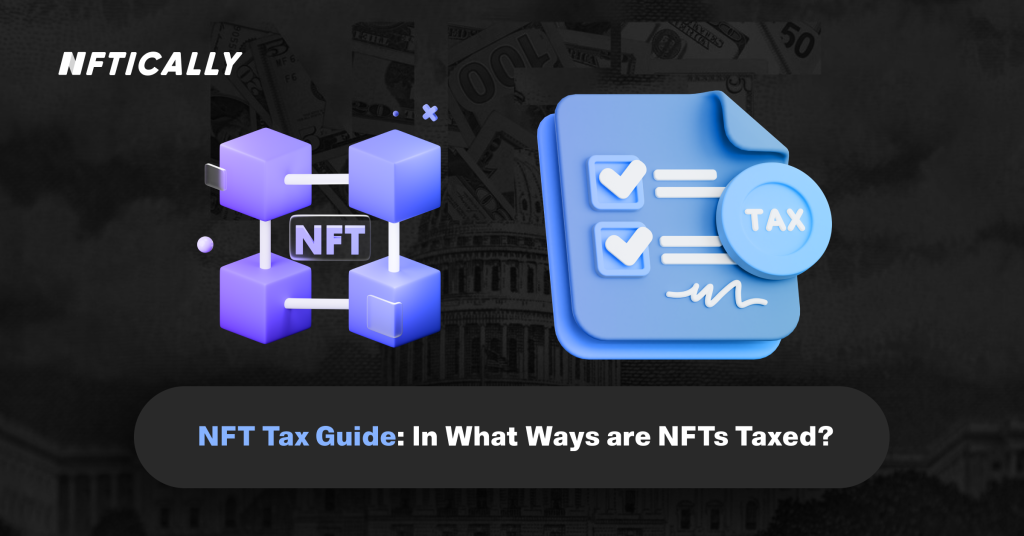
NFT Tax Guide: In What Ways are NFTs Taxed?
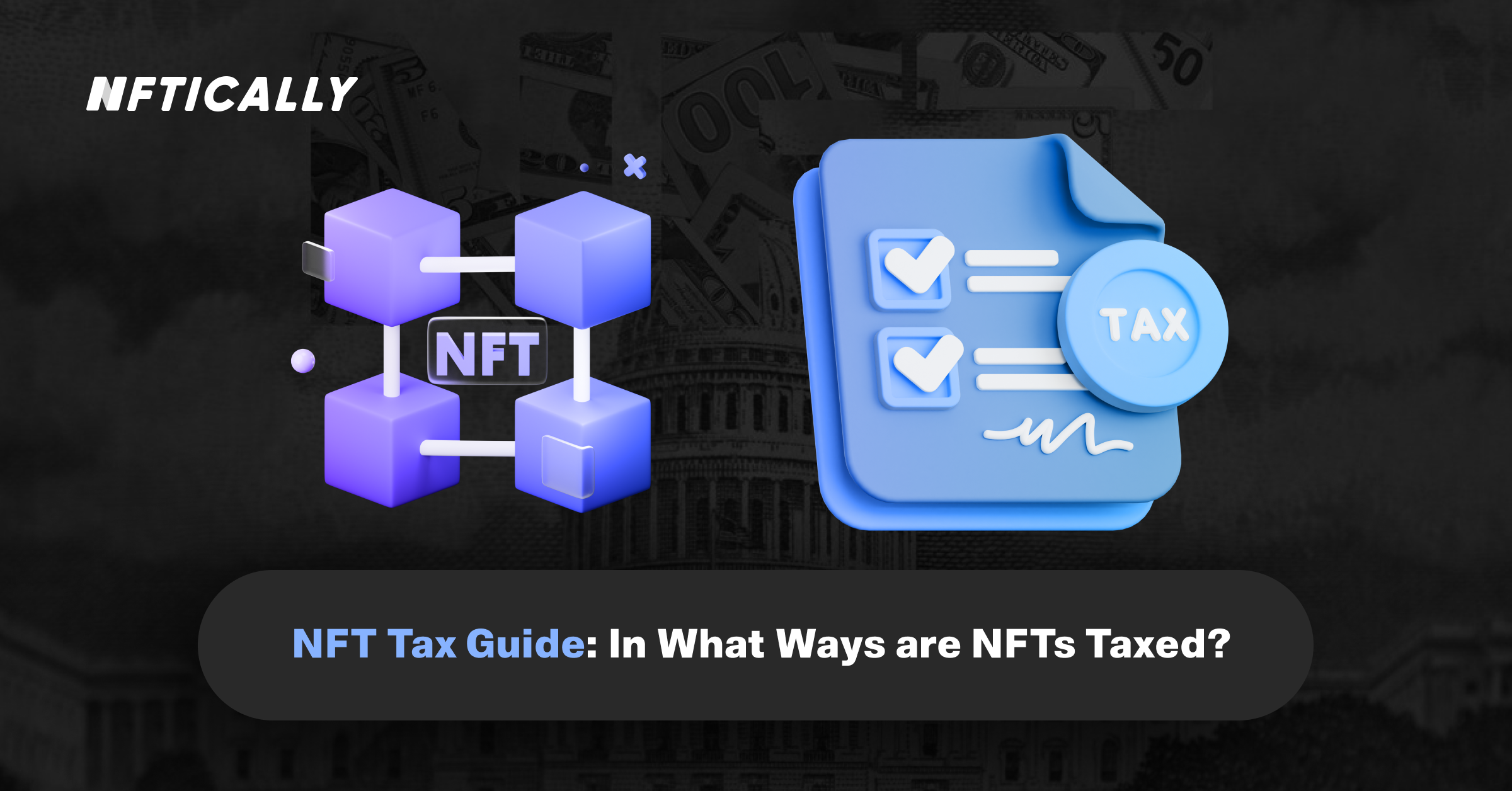
“NFT” became the definitive crypto buzzword of 2021 thanks to substantial worldwide usage and all-time bitcoin highs last year, and Collins Dictionary made it official tax. Over 1.5 million people own NFTs, worth more than $12 billion. The ape-themed avatar you made this year may affect your taxes if you are one of those people or if you created an NFT. Here are a few things to get you up to speed:
What is an NFT?
In contrast to NFTs (“non-fungible tokens”) are digital assets where each token is unique and cannot be copied, unlike “fungible” assets like dollar bills. Authenticating ownership of digital goods like artworks, records, and virtual real estate is possible since each NFT is unique. Ethereum and other blockchains verify and store NFTs.
How to buy NFTs?
For buying NFTs on specific marketplaces such as (NFTICALLY NFT Marketplace), connect to a self-custody wallet like Metamask. First, you will need to load your self-custody wallet with the appropriate cryptocurrency, such as ETH for Ethereum or SOL for Solana, to purchase NFTs.
What is NFTs Tax?
NFTs may be anything digitally on blockchain, purchase digital art or items. But there are a few things to remember regarding tax consequences: What you did with the NFTs you hold, whether you invested in them or not. You should also keep in mind that the IRS has not yet provided any NFT-specific advice, so in addition to reading this summary, you should talk with your tax adviser.
For NFT Investors
If you elect to sell or trade your NFTs, your capital gains are normally Tax’d similarly to earnings on more traditional capital assets, such as real estate, stocks, or bonds.
How do I pay taxes on an NFT?
It may seem like swapping crypto for NFTs is like exchanging money for art; however, this is not the case. You can buy NFTs using the profits from the sale of cryptocurrencies, which means you will either make or lose money on the transaction.
The IRS sees this as a two-step transaction: First, the selling of your crypto, which is Tax’d as a capital gains transaction, and then purchasing an NFT using the proceeds from that sale. Several criteria, like how long you had the crypto, your yearly income, and how much you gained or lost from the transaction, all play a role in determining how much tax you will owe. There is no capital gains tax when you purchase an NFT with cash.
For NFT Creators
If you make money selling an NFT, you will have to disclose it on your tax return and pay your regular income tax rate. Self-employment tax may apply if created the NFT for work.
When I mint an NFT, how am I Tax’d?
Just because you mint, an NFT does not mean you have to pay taxes. Nothing you do on an NFT-compatible blockchain (like Ethereum) is Tax’d, even if you create digital material or art for others to enjoy.
How do I pay taxes on the sale of an NFT I created?
Taxes on the sale of an NFT you produced are levied at regular income tax levels (along with self-employment tax rates if creating that NFT was part of your profession or business).
How do I pay Taxes on my minted NFT’s royalties?
Royalties paid in crypto for creating an NFT are subject to ordinary income tax and self-employment tax if the NFT was formed for your profession or company.
Are there any tax forms that I will get from my NFT marketplace?
It is not always like that. Due to a lack of IRS guidelines on reporting digital assets, you may not get a tax form concerning your NFT transactions on an NFT marketplace. Check out the information your marketplace provides – it may include data you will need when completing your tax return.
Keep precise records of your purchases and sales, no matter which marketplace you use, since you must disclose your transactions to the IRS when filing a tax return.
Disclaimer
NFTICALLY does not provide tax planning services of any kind. Cryptocurrency tax rules are constantly evolving and changing. Therefore, NFTICALLY’s interpretation of these restrictions is based on IRS guidelines (Internal Revenue Service). The information provided in this article should not be construed as advice or a suggestion for any person. Please seek the advice of a tax expert if you have any questions about your tax situation.



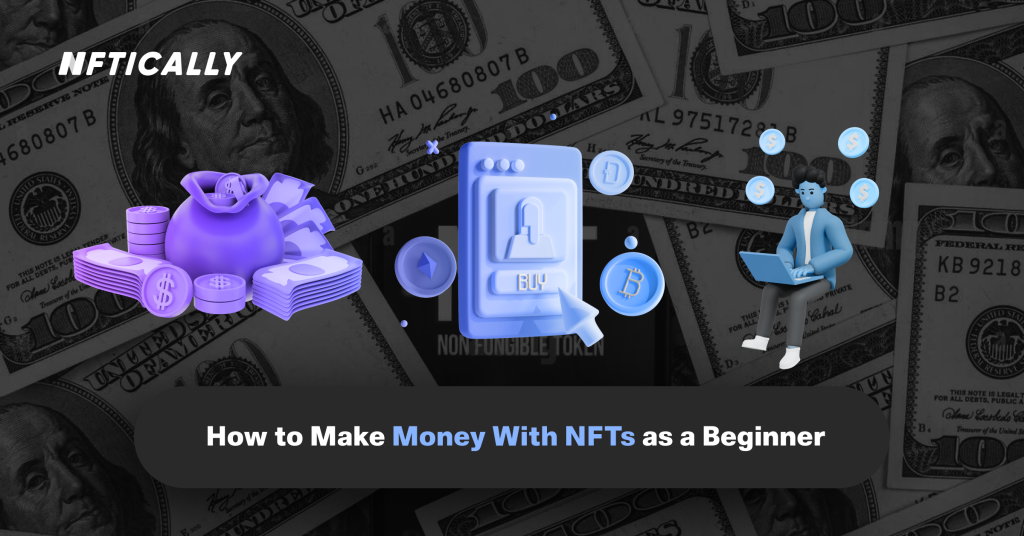
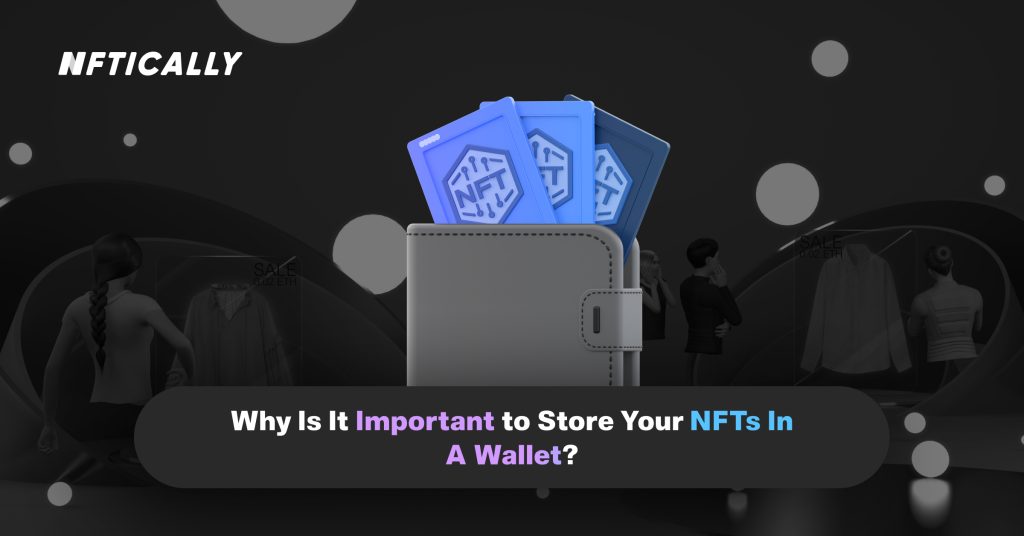
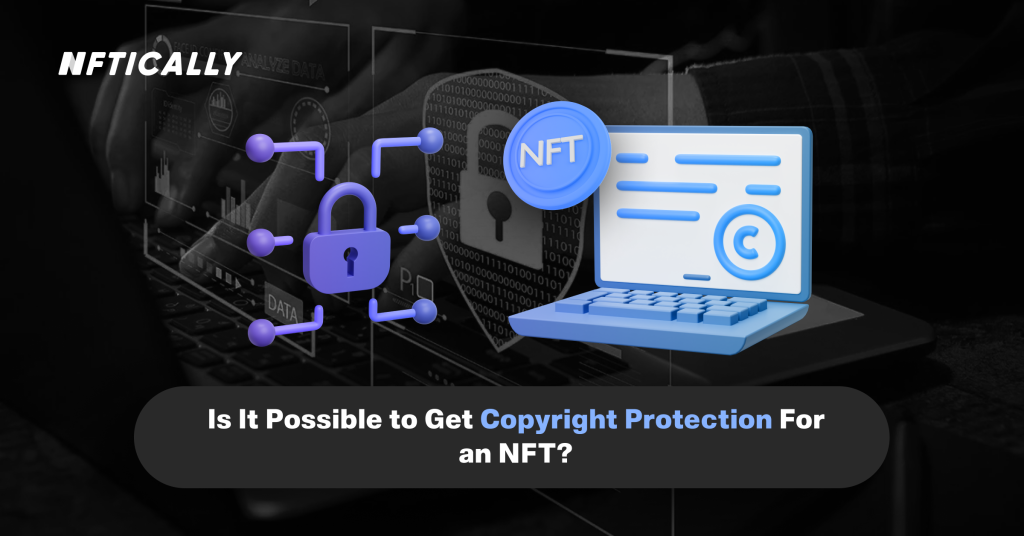
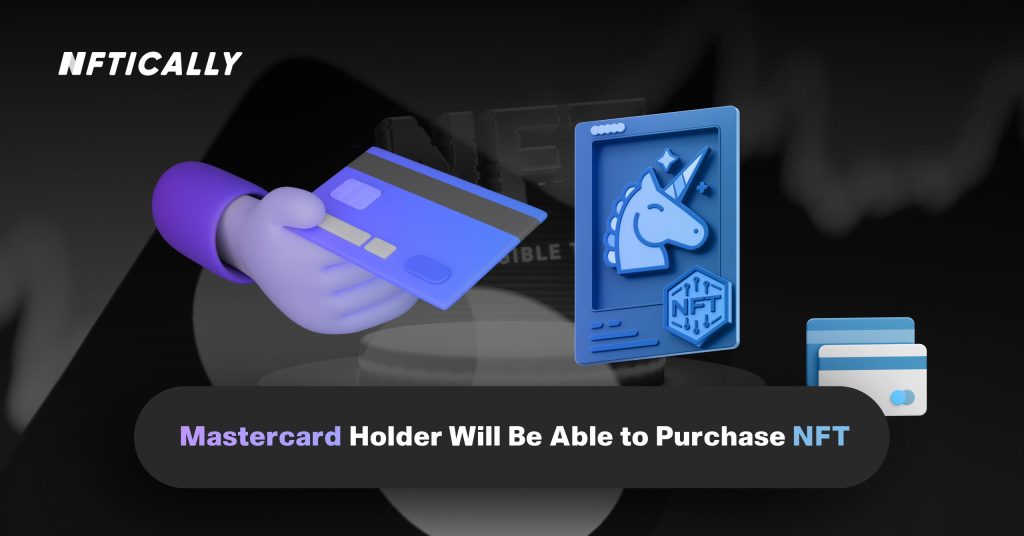
[…] is one of the most well-known and infamous enterprises ever. Azuki, a PFP project including 10,000 anime inspired NFTs, has risen to popularity with unparalleled […]